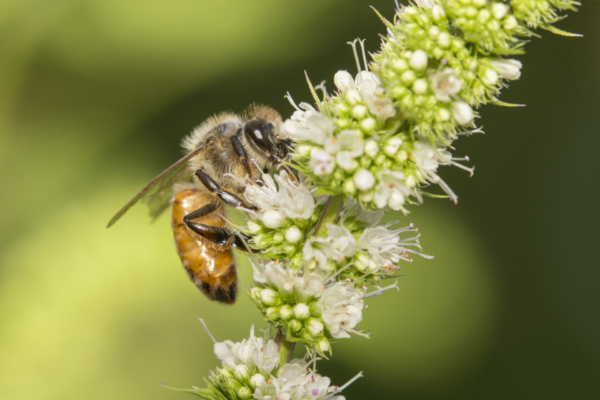Latest news on Biodiversity Net Gain (BNG) and the State of Nature
Cornerstone Climate, Planning and Environment

By Estelle Dehon KC, Emmaline Lambert and Josef Cannon
BNG was in the headlines on Wednesday 27 September, with the BBC reporting: “Government to delay new environmental building rules”. That caused a flurry of concern. Were the mandatory minimum 10% BNG provisions in the Environment Act 2021 being scrapped?
The answer is no. Late on 27 September, DEFRA published a new timetable for BNG, which we set out below.
This was part of the context in which, on Thursday 28 September, three members of Cornerstone Climate (Estelle Dehon KC, Emmaline Lambert and Josef Cannon) delivered a webinar on Achieving BNG in Practice. This was timely for another reason: the day before, the updated State of Nature Report was published, offering an uncomfortable reminder of the work needed to improve biodiversity in the UK.
State of Nature
The State of Nature report is the most comprehensive nature survey covering the UK, its Crown Dependencies and Overseas Territories. It is the product of collaboration between 66 organisations and uses the latest and best data from biological monitoring and recording schemes. It finds that the UK’s wildlife is continuing to decline: on average, UK species studied have declined by 19% since 1970; birds by 43%, amphibians and reptiles by 31%, fungi and lichen by 28%. Nearly one in six of the 10,000-plus species surveyed risk being lost from Great Britain. There is much to do; one response is the introduction into the planning system of the minimum requirement for 10% net gain in biodiversity required from new development, introduced in the Environment Act 2021, but not yet in force.
BNG provisions
The timetable for the coming into force of that requirement (at least for ‘mainstream’ planning applications) was published yesterday. The headlines are:
- The requirement that planning permissions will be subject to a ‘standard’ condition that applications must be accompanied by a ‘biodiversity gain plan’ setting out the measures proposed to achieve the 10% minimum gain will have effect from January 2024 – a delay from the original timeframe but not a lengthy one. Small sites will be in scope from April 2024
- Other types of authorisation – including NSIPs – are planned to be brought into scope from 2025
- The present iteration of the Metric (by which BNG is calculated) will be put on a statutory footing in time for the requirement coming into force
- A government-run biodiversity ‘credits’ scheme will also be introduced, allowing developers to ‘buy’ BNG credits where they are unable to deliver on- or off-site BNG enhancements; and
- A register of off-site biodiversity ‘Gain Sites’ will be established to assist with monitoring and securing off-site BNG measures.
Watch our webinar
The webinar – available on the Cornerstone website here – delves into the provisions and offers practical insight and comment on the approach, including the opportunities and challenges it brings.
Cornerstone Barristers will be holding their annual Planning Day in November 2023, at which BNG will be addressed as part of a comprehensive suite of topics facing the planning and development industry, delivered by Cornerstone’s acknowledged experts in the field. Tickets are available here.



